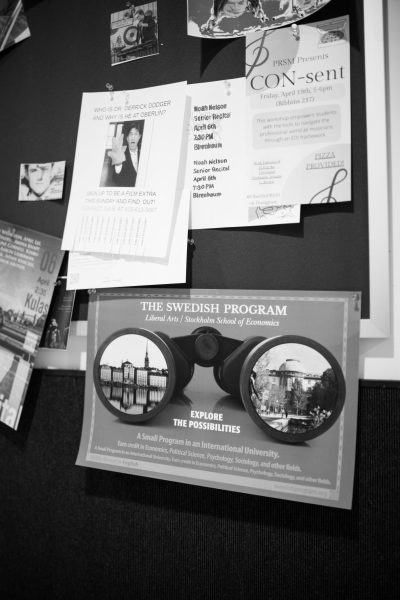Innovation, Inspiration Nestled in Rajasthani Village
Imagine living in a village in the Amazon, three days by canoe from the closest city. Imagine a group of people, foreign in looks, speech, clothes, and ideas, turning up on your shores and asking you to travel with them. Travel – which for you would likely be the first time you’ve seen your capital city, been in a car, heard this alien language of English – to a completely different country to be trained in solar engineering. Stepping out of your door would require some serious courage.
At the same time, the people asking you to do this would have to be either really brave or just naively optimistic. They would need to have real guts to ask you to take that risk, and be so certain of their ability to deliver that they would travel all that way to find you.
Barefoot College are those people.
The people at Barefoot College is a non-governmental organization that was founded in 1972 by Sanjiv ‘Bunker’ Roy in the village of Tiloniya, Rajasthan. In its early years, the college’s mission was small: to bring the knowledge of urban India to people living in rural contexts. Instead of trying to develop areas into large urban sprawls rife with unemployment and homelessness, its vision was to sustain traditional values in rural India while improving quality of life. This meant increasing the number of educational opportunities, developing clean energy alternatives, and establishing economic avenues for local businesses and handicrafts. More than 40 years later, Barefoot is still going strong and can confidently call itself a world leader in non-governmental efforts in rural areas.
When Meagan Fallone joined the team as Chief Executive Officer 10 years ago, she expanded the horizons of the organization to work with women living in parts of third world countries that everyone else had forgotten about. Together, Roy and Fallone have taken Barefoot to heights neither could have imagined when it started out as a small organization all those years ago. The idea was bold, and through persistence and time has become a reality. Yet ideas are merely the beginning, and more importantly, commonplace. The success of an idea boils down to its organization and execution, and the success of an organization is built on its core values.
Roy started Barefoot with two simple conditions for himself and any who wished to work with him: o the best you can, and strive to be proud of what you accomplish. These aren’t just Roy’s words; they are the words of the countless people who have worked with him for over four decades, watching Barefoot grow in strength. With this emphasis on each individual pushing themselves to do the best they can for their communities, Barefoot quickly created a culture of accountability, and continues to cultivate ideals of excellence, risk-taking and constant personal growth.
The goal of this non-governmental organization has never been to simply fix a list of problems in an area. Instead, Roy prioritizes cultural change to motivate people to find solutions for themselves. About 10 years ago, he asked each member of the Barefoot staff to resign their posts so that they could run for local positions in the government, and anyone unable to secure a seat was welcomed back with open arms. The five people that did get elected into local office carried with pride a Barefoot brand of excellence. Over the course of their respective tenures, each of these people made enduring, tangible changes to their communities, as evidenced by the fact that this story was narrated to me by a total stranger over a cup of tea nearly a decade later.
As college students, or simply as people who benefit from being exposed to a pantheon of perspectives, the cliched reality of our aspirations is to make a difference in this world. Finding purpose, doing good, or just doing something we’re proud of is important. I spent Winter Term volunteering with Barefoot because I thought I would gain some degree of personal satisfaction by engaging in community service. I have never been so wrong. The experience was immensely satisfying, but not just because of the work itself. Every day was an opportunity to learn, experience new things, see new perspectives, and listen to exciting stories. Within three weeks of living, eating, and working in this sandy Rajasthani village, I was entranced by the efficiency, dedication, and bravery of the place.
Oberlin thrives on the idea that one person can change the world. Barefoot is a testament to the fact that that one person already is. Roy has been making a difference for over four decades now. But change doesn’t come from excuses — whether they be a lack of time, money, or contacts. It is possible to overcome these hurdles and make a difference if we commit to the same standards to which Barefoot holds itself: Do the best you can with what you have, but only say you’re done when you’re truly satisfied with what you’ve reached.


